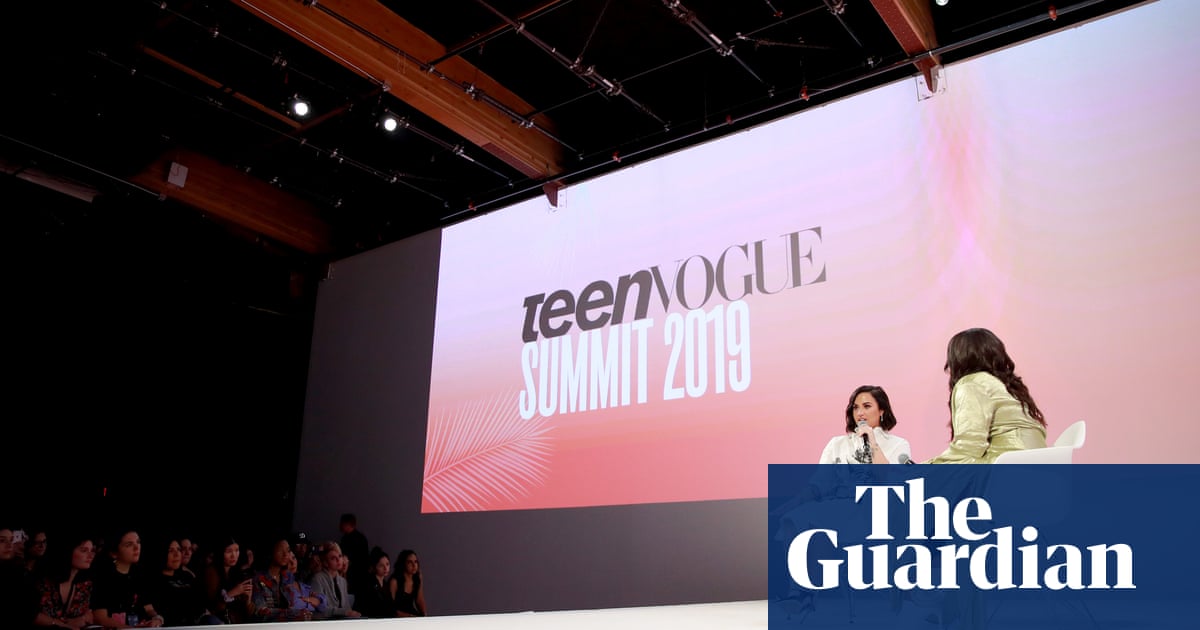Story about efforts to protect elections on Facebook gave company an uncritical platform to defend controversial policy

Teen Vogue published and then removed a story about Facebook from its website on Wednesday after it was accused of hosting sponsored content for the tech giant without labeling it as such.
The confusing saga began when the Condé Nast publication on Wednesday published an article titled How Facebook Is Helping Ensure the Integrity of the 2020 Election. The story focused largely on how five female Facebook employees were “taking measures to protect against foreign interference and stop the spread of misinformation”, providing the social media company an uncritical platform to defend its policy of refusing to censor political advertisements ahead of the 2020 elections.
The story comes as Facebook executives face questions over their plans to patrol misinformation ahead of the 2020 US presidential election, and lingering questions over the company’s role in the 2016 election, when third-party companies were revealed to have used Facebook to influence the vote.
Following the backlash, Teen Vogue added an editorial note to the story labeling it as sponsored content, a type of article that is paid for by a company. But it removed that note shortly thereafter, without explanation. It then removed the article from its website entirely.
A Facebook company spokesperson told the Guardian that while it does have paid partnerships with Teen Vogue, this article was not written as a form of paid content and was “purely editorial”. Sheryl Sandberg, the Facebook chief operating officer, shared the story on her Facebook page, saying: “Great Teen Vogue piece about five incredible women protecting elections on Facebook.”
In response to a reader asking what was going on, Teen Vogue’s official Twitter account replied “literally idk”. That tweet has since been deleted. As of the time of this article’s publishing, the entire original article had disappeared from Teen Vogue’s website.
The controversial article and confusing response comes as Teen Vogue has increasingly been heralded as a “woke” outlet, transforming in the years since Donald Trump was elected president into a more political publication targeting a broader audience than just teenage girls. In 2019 it published articles such as What a Labor Union Is and How It Works and What is the Prison Abolition Movement? It describes itself as “the young person’s guide to saving the world” and says it aims to provide resources “for teens looking to make a tangible impact in their communities”.
Facebook isn’t new to these kinds of campaigns: in April it published sponsored articles with the Daily Telegraph as part of a marketing campaign to drive “awareness” of Facebook investments “that have had a positive impact on people’s lives”.
The controversy over the Teen Vogue story on election integrity and Facebook comes shortly after the New York Times published a company memo revealing an executive conceded Facebook was “responsible for Donald Trump getting elected” and struggled with misinformation throughout the campaign.
Read more: www.theguardian.com





![[Video] How to get rid of bed bugs in Toronto](https://www.thehowtozone.com/wp-content/uploads/2019/10/maxresdefault-2-100x70.jpg)


